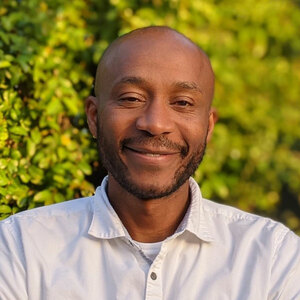One thing that has struck my students in their initial interactions with the Institutes is how different Calvin sounds than much theology and God-talk today. The difference, I think, lies in his conviction of the truth and weightiness of what he writes. He is confident, earnest, and forthright in a way that makes a twenty-first century reader feel uncomfortable. It’s like he believes what he says and wants to persuade others to believe likewise! In the introduction to the Battles/McNeill edition of the Institutes, the editor sums up well this feature of Calvin’s work:
It is a living, challenging book that makes personal claims upon the reader. This is because it presents, with eloquent insistence, that which has laid hold upon the author himself. . . . The whole work is suffused with an awed sense of God’s ineffable majesty, sovereign power, and immediate presence with us men.
This is no cool, detached, disinterested theology, and Calvin is not content to simply lay out some views that one can take or leave. He is invested in his work as someone transformed by its very teachings. The editor goes on to say:
One who takes up Calvin’s masterpiece with the preconception that its author’s mind is a kind of efficient factory turning out and assembling the parts of a neatly jointed structure of dogmatic logic will quickly find this assumption challenged and shattered. The discerning reader soon realizes that not the author’s intellect alone but his whole spiritual and emotional being is enlisted in his work. . . . He well exemplifies the ancient adage, “The heart makes the theologian.” He was not, we may say, a theologian by profession, but a deeply religious man who possessed a genius for orderly thinking and obeyed the impulse to write out the implications of his faith.
May we be "heart" theologians.
 Biola University
Biola University
.jpg)

.jpg)
.jpg)